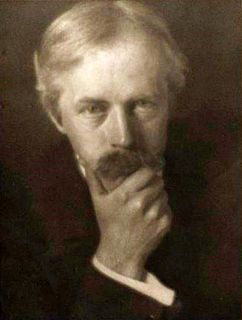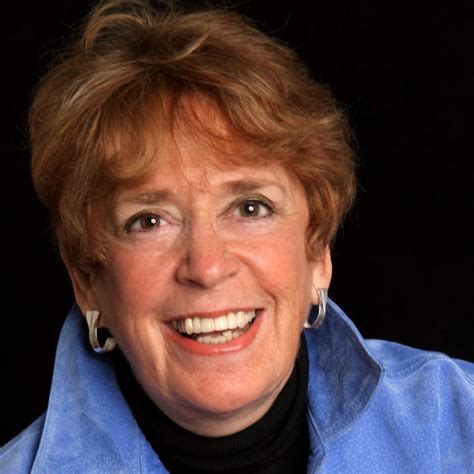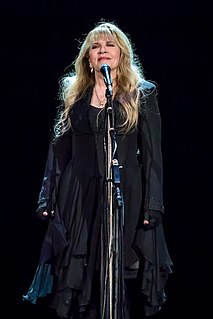A Quote by Arthur Symons
What we ask of him is, that he should find out for us more than we can find out for ourselves... He must have the passion of a lover.
Related Quotes
No one should ever ask themselves that: why am I unhappy? The question carries within it the virus that will destroy everything. If we ask that question, it means we want to find out what makes us happy. If what makes us happy is different from what we have now, then we must either change once and for all or stay as we are, feeling even more unhappy.
Pleasure and pain at once register upon the lover, inasmuch as the desirability of the love object derives, in part, from its lack. To whom is it lacking? To the lover. If we follow the trajectory of eros we consistently find it tracing out this same route: it moves out from the lover toward the beloved, then ricochets back to the lover himself and the hole in him, unnoticed before. Who is the subject of most love poems? Not the beloved. It is that hole.
God comes right out and tells us why he gives us more money than we need. It's not so we can find more ways to spend it. It's not so we can indulge ourselves and spoil our children. It's not so we can insulate ourselves from needing God's provision. It's so we can give and give generously (2 Corinthians 8:14; 9:11)
When we find ourselves devoid of passion and purpose, the first thing we need to do is stop. But that's not easy. The rest of the world is zooming by at full speed. Left alone with ourselves, without a project to occupy us, we can become nervous and self-critical about what we should be doing and feeling. This can be so uncomfortable that we look for any distraction rather than allowing ourselves the space to be as we are.
The question we need to ask ourselves is whether there is any place we can stand in ourselves where we can look at all that's happening around us without freaking out, where we can be quiet enough to hear our predicament, and where we can begin to find ways of acting that are at least not contributing to further destabilization.
When all of our idols are taken away, all our securities and defense mechanisms,
we find out who we really are. We’re so little, so poor, so emptyand a shock to ourselves. But the Biblical God takes away our shame,
and we are eventually able to present ourselves in an honest and humble form.
Then we find out who we really are and who God is for usand it is more than enough. That is how an enslaved people became God’s people, Israel.







































